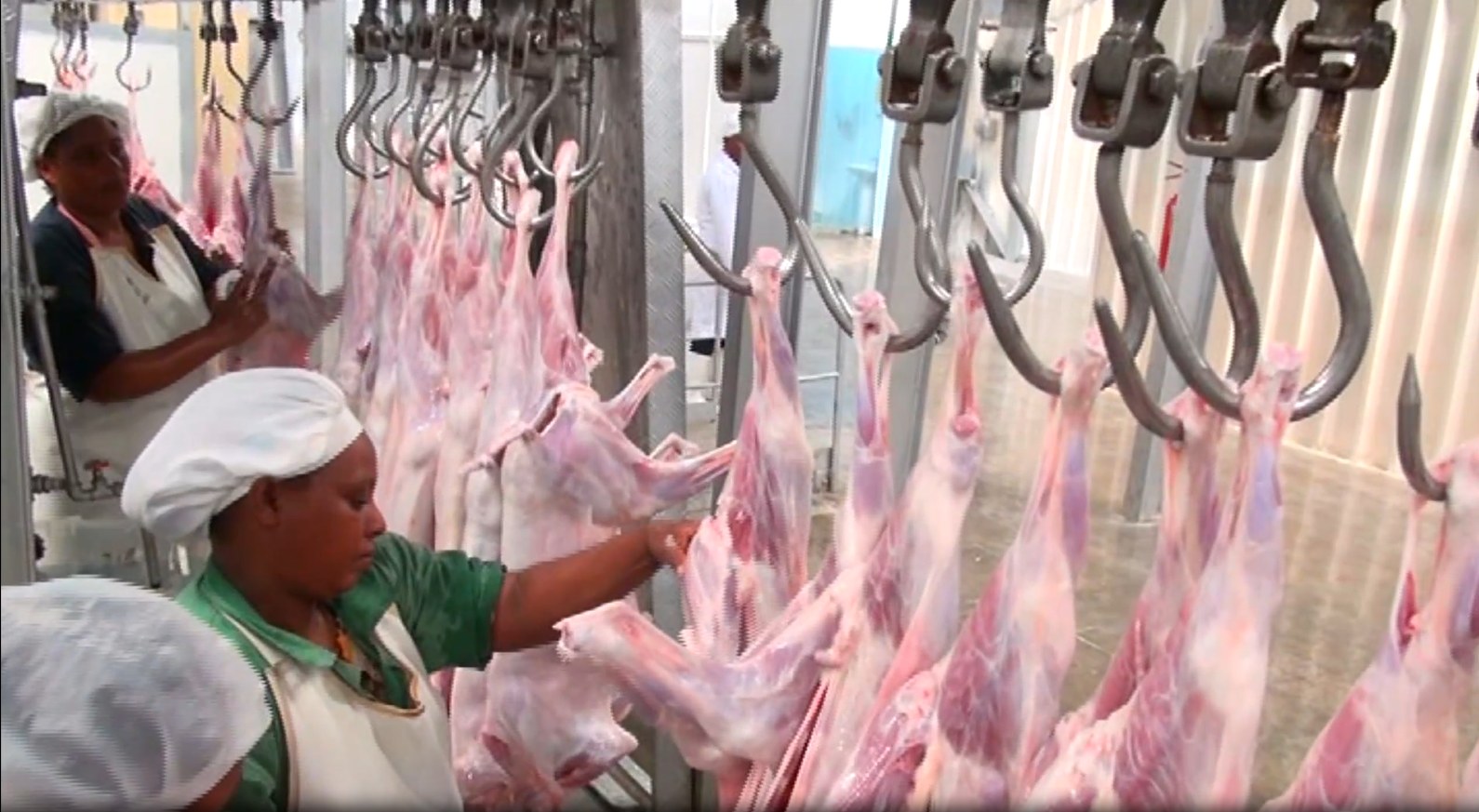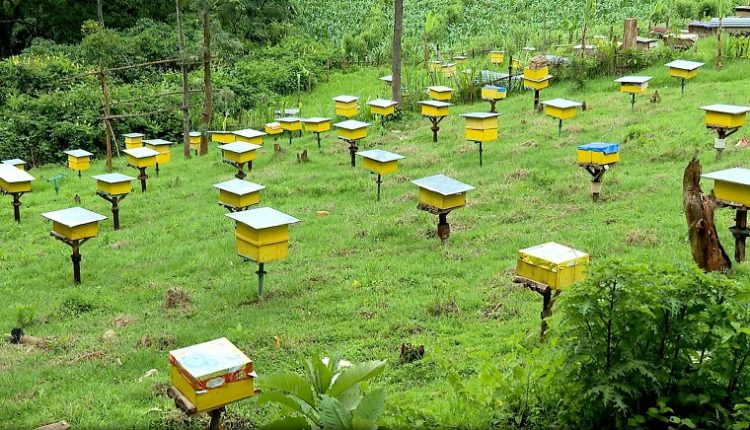Macroeconomic reforms propel significant growth in Ethiopia’s livestock export earnings
Addis Ababa, June 12, 2025 (FMC) – The Ethiopian Livestock Development Institute (ELDI) has reported a remarkable increase in foreign exchange earnings from livestock exports, attributing the growth to recent macroeconomic reforms.

According to ELDI, Ethiopia generated over 100 million US dollars in livestock export revenue during the first 10 months of the current fiscal year, putting the institute on course to meet its target of 122 million US dollars by the end of the year.
Director General Asrat Tera highlighted that the 100.23 million US dollars earned marks a 28 percent rise compared to the same period last year, signaling robust sectoral performance.
“Approximately 98 percent of this revenue stems from the export of meat from sheep, goats, cattle, and camels, while the remainder is generated from honey, camel milk, and poultry products,” Asrat explained.
He credited this impressive growth to a blend of targeted sector-specific interventions and wider macroeconomic reforms. The increase from 63.2 million US dollars in the previous fiscal year to over 100 million dollars demonstrates the positive impact of these measures.
Key factors behind the sector’s success include the transition from illegal livestock exports to legal export slaughterhouses and the narrowing of the gap between black market and official exchange rates, which have helped to formalize and boost export activities.
The United Arab Emirates, Saudi Arabia, and Qatar remain the principal markets for Ethiopian livestock and related products.
To ensure a steady supply of animals for export, efforts are underway to connect traders and cooperatives directly with slaughterhouses. Among these initiatives is the introduction of a contract breeding system, which enables export-oriented slaughterhouses to establish agreements with pastoralist communities aimed at increasing livestock production collaboratively.
As part of a pilot project, 120 pastoralists in South Omo have already participated in this contract breeding system. Encouraged by the pilot’s success, the program is planned to be scaled up and replicated in other regions.
Additionally, the institute is working to improve the overall sector by promoting enhanced livestock breeds and developing a healthier, more efficient breeding system, Asrat told local news agency ENA.

